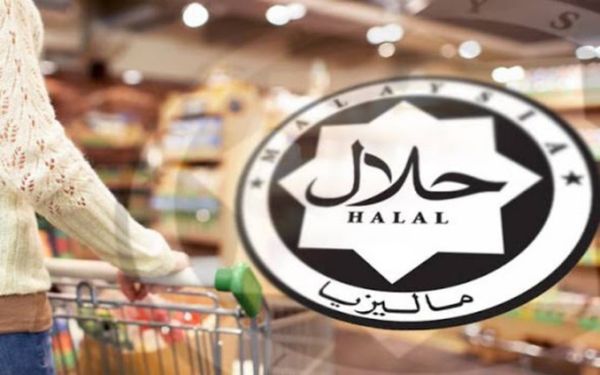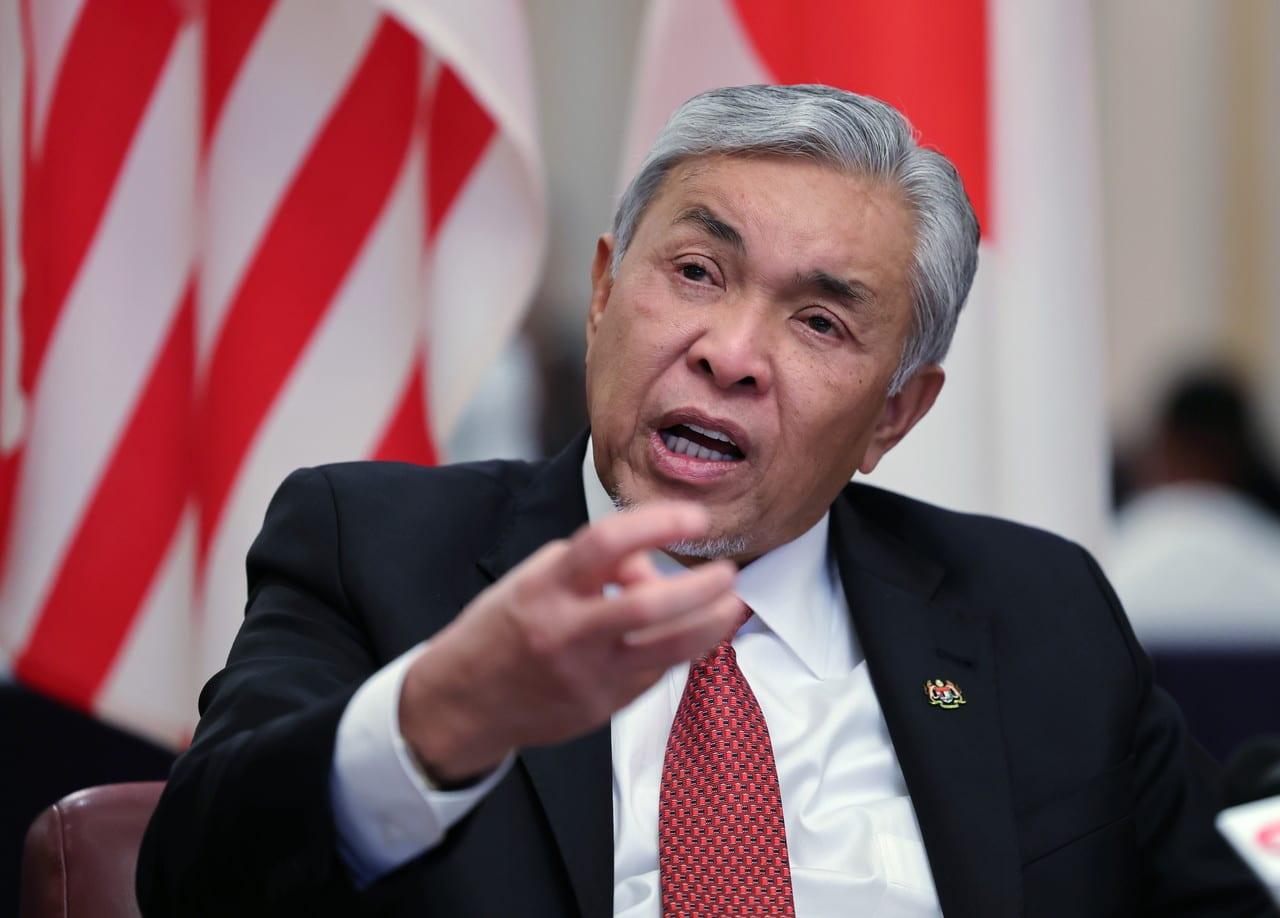KUALA LUMPUR, Sept 17 — Malaysia is spearheading efforts to establish a World Halal Development Council (WHDC) as a new global platform to align trade, investment, and innovation in the halal economy, said Deputy Prime Minister Datuk Seri Ahmad Zahid Hamidi.
Zahid, who is also the Malaysian Halal Industry Development Council's chairman, said the WHDC would begin with a small but strategic membership aimed at accelerating capacity-building, research, and development, and delivering a tangible economic impact.
“The council will build a coalition that is dynamic and market-oriented,” he said during the grand dinner in conjunction with the Global Halal Summit 2025 tonight, which was delivered on his behalf by Minister in the Prime Minister’s Department (Religious Affairs) Datuk Mohd Na'im Mokhtar.
Zahid added that Malaysia also proposed Halal+2030, a global movement among others to integrate halal with environmental, social, and governance (ESG) and ethical consumer trends, accelerate digital halal through artificial intelligence (AI), blockchain, and the Internet of Things (IoT) for full traceability.
“Bundle halal offerings across food, pharmaceuticals, cosmetics, travel and fashion, and nurture future leaders through technical and vocational education and training (TVET) and international training.
“Halal+ 2030 is an invitation to bring your expertise, your investment, and your ideas, so that halal is not only certified but dignified; not only recognised but respected,” he said.
Malaysia sees several key opportunities where collaboration is urgent and possible through this movement, including small and medium enterprises (SME) Upgrade Pathways, which aim to create much easier and faster pathways for them to get certified.
“Today, duplication and delays hold us back. We must expand recognised certification bodies and more importantly, move towards official mutual recognition across countries, so that halal becomes seamless for exporters and consumers alike,” Zahid said.
The WHDC and Halal+ 2030 proposals reflect that the halal economy is not only about markets and profits but also involves diplomacy, influence and leadership.
“It is Malaysia’s way of showing the world that a Muslim nation can uphold the principles of Syariah while embracing the realities of a modern, global economy.
“Over the years, halal has become one of Malaysia’s strongest forms of soft power. Through our certification, Islamic finance, halal education, and halal tourism, we have built credibility and trust. And trust, once earned, becomes influence,” he said.
Meanwhile, the Deputy Prime Minister noted that the global halal economy, currently valued at more than US$3 trillion (RM12.56 trillion), is projected to grow to US$5 trillion (RM20.94 trillion) by 2030, spanning food, pharmaceuticals, cosmetics, tourism, logistics, finance, and the digital economy.
For Malaysia, halal is already a significant pillar of the economy, which contributes 7.5 per cent of our gross domestic product (GDP) as of today and is projected to rise to 11 per cent by 2030, with a domestic value of US$113 billion (RM473.2 billion).
“Our halal exports amount to around US$8 billion (RM33.50 billion) annually, accounting for more than five per cent of our total national exports,” Zahid said.
He noted that Malaysia’s halal exports reached US$13.1 billion (RM54.86 billion) last year, a 15 per cent increase from the year before. Under the 13th Malaysia Plan, the Madani government aims to raise this to US$17 billion (RM71.20 billion) to make halal not just an industry but a cornerstone of GDP growth.



